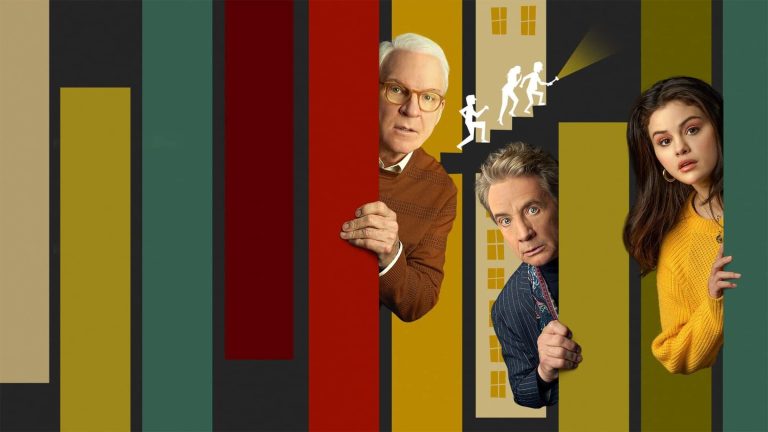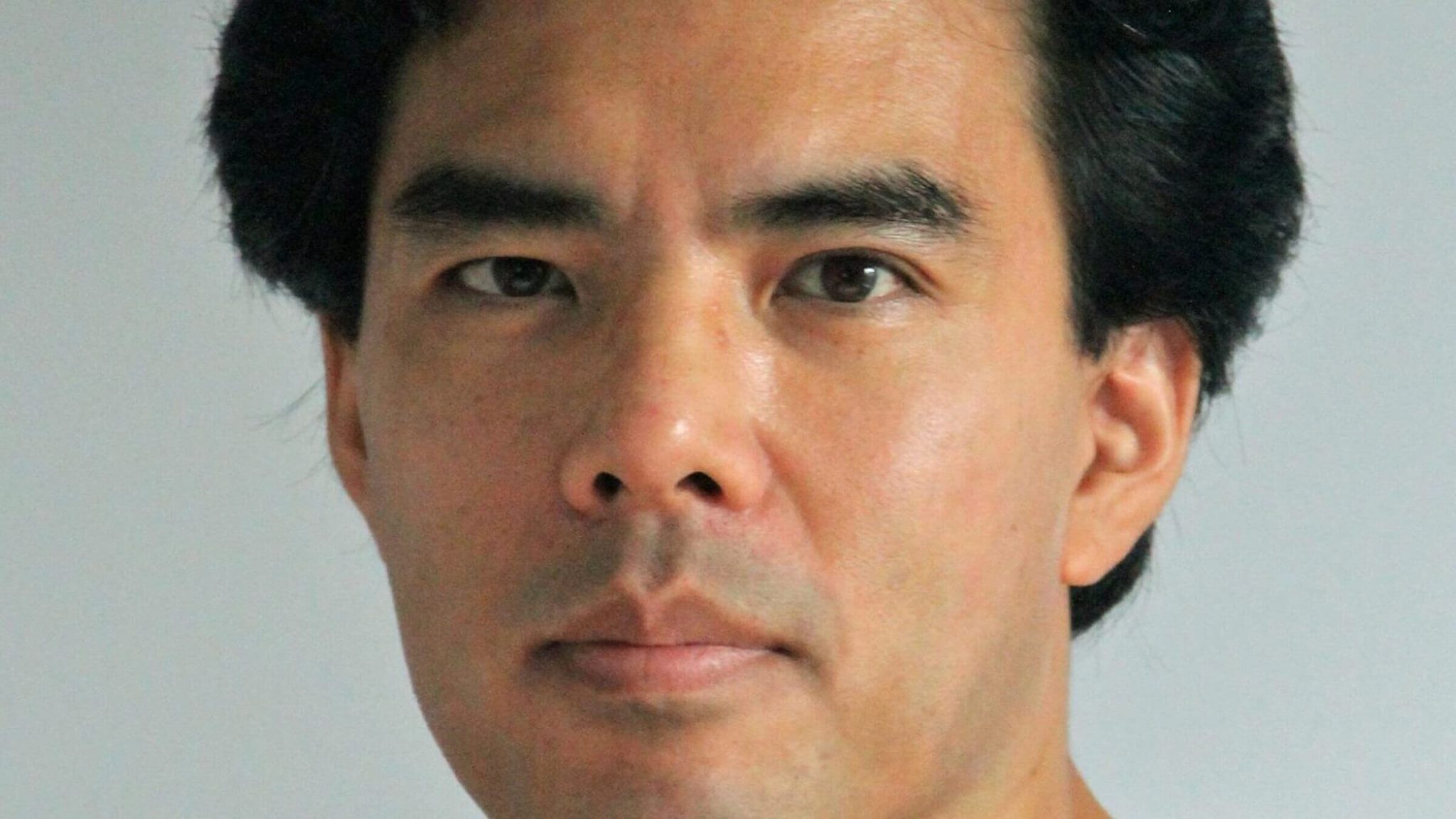
Before launching his screenwriting career and writing current Awards season contender Kubo and the Two Strings, screenwriter Marc Haimes spent more than a decade on the other side of the development desk. As an executive at DreamWorks, Marc worked on projects like Collateral, Disturbia, and Men In Black, among many others.
In 2011, Marc left his executive career in order to pursue the passion that had originally propelled him from Washington DC to Los Angeles: writing.
With such a deep and varied background in Hollywood, Marc has an endless supply of industry wisdom to share. So we asked him to answer a few questions about the evolution of his career, and to offer some advice to aspiring screenwriters hoping to carve a path for themselves.

ScreenCraft: Where and when did your storytelling roots begin?
Marc Haimes: Definitely all storytelling roots and instincts began with reading -- books, magazines, newspapers, comics. My mother was (and still is) a reading teacher for grades K-6 so there were always books in the house. I was allowed to watch 1hr of TV a week. That seems inconceivable now, but those were the rules.
I first learned to read on Tintin comic books, which were colorful and scary and aspirational and amazing. I was obsessed with a relatively obscure book series called Alfred Hitchcock and the Three Investigators, which was about teen detectives operating out of the Hollywood and Venice Beach area. Their stories made me want to move to California and become a private detective. So I guess I'm batting .500.
SC: Going from being a studio exec to becoming a screenwriter, did your development experience inform or guide your writing projects – either in what you chose to write or the execution?
MH: Well, I've definitely seen how the sausage is made. But starting out as a writer, you don't really have the luxury of too many choices. You go after any project you can and just try to build momentum.
Now I am able to be a bit more selective, so I try to set myself up for success. I look for projects with rich, evocative source material (like Nimona) and smart, trusting, vision-driven (as opposed to fear-driven) collaborators.

SC: In both your executive career and in your writing career, you’ve worked with some awesome collaborators. From seeing how they approach their projects, have you gleaned any surprising or useful storytelling tricks or insights?
MH: One of my favorite aspects of collaboration is gleaning tricks and insights from other storytellers. I also try to understand the particular place where their inspiration comes from… because you can know all those tricks, but they're meaningless without inspiration. I have noticed that all the collaborators I've loved working with have been fairly huge lovers of film, television, and/or books with a wide and impressive frame of reference.

SC: From your first spec script to now, what – if anything – has changed about the way you approach a script? Or, was there any one script that was the biggest learning experience for you as a writer?
MH: I think working with Mark Boal on a historical thriller that I recently wrote was eye opening for me. I had just come off of two animated projects in a row, collaborating with highly visual directors who wanted extensive detail on the page. Mark's approach was entirely different -- leaving as much to the imagination as possible with no wasted words.
Mark is also very research oriented which I absolutely loved. He found me the greatest researcher of all time, Eric Benson (an amazing journalist and talented screenwriter in his own right), who supplied me with so much incredible material that served as major inspiration. The challenge was culling all that fantastic research into the swift, laconic script that Boal was looking for.
SC: What craft or business lesson has made the biggest impact or was the hardest won?
MH: I've repeatedly been in situations where an excess of ego from somebody involved has damage, slowed, or even killed a project. It's tricky because you need a certain amount of ego to survive in Hollywood, but that's not ultimately the place where stories that connect with people live. You have to train yourself to go deeper and to spot ego -- either in yourself or one of your partners. Any time I've hit one of those wonderful writing "sweet spots" where the work is just flowing and coming together, I've noticed a distinct absence of ego in the situation.
SC: If you could go back in time to share one piece of industry knowledge or wisdom with the just-starting-out you, what would it be?
MH: Don't always be generating. Continue to find things that delight and inspire you. Hold on to your passion -- that 12-year-old part of you who travelled hours to find and buy comic books is the best collaborator you'll ever have.

SC: And what’s next for you, career- and project-wise?
MH: I am super grateful to have a number of projects I am very excited about. I mentioned Nimona with Fox. Patrick Osborne is directing that one. I also just finished a fun script for Sony with Shannon Tindle directing, who I worked with on Kubo. Next up is a cool, political twist on a heist movie with writer/director George Nolfi for Universal. I'm hoping the historical thriller I mentioned earlier will come together this year. I'm very passionate about that one.
If anyone has any further questions or wants clarification about any of these answers, feel free to reach out on Twitter.
Many thanks to Marc for being so generous with his time and insight.
And for your daily dose of inspiration, here's the trailer for Kubo and the Two Strings. Enjoy!
Tags
Get Our Screenwriting Newsletter!
Get weekly writing inspiration delivered to your inbox - including industry news, popular articles, and more!


























